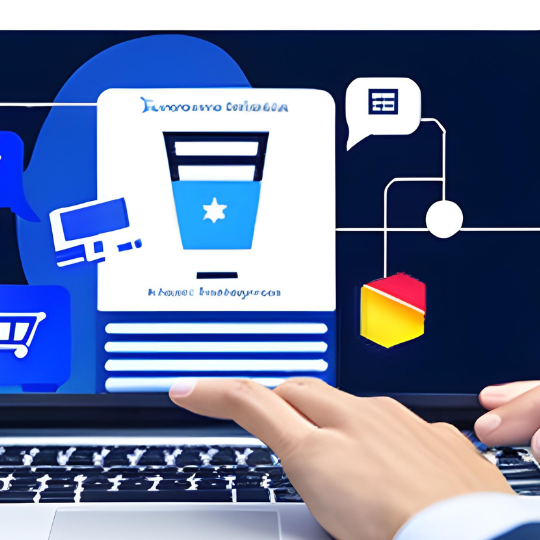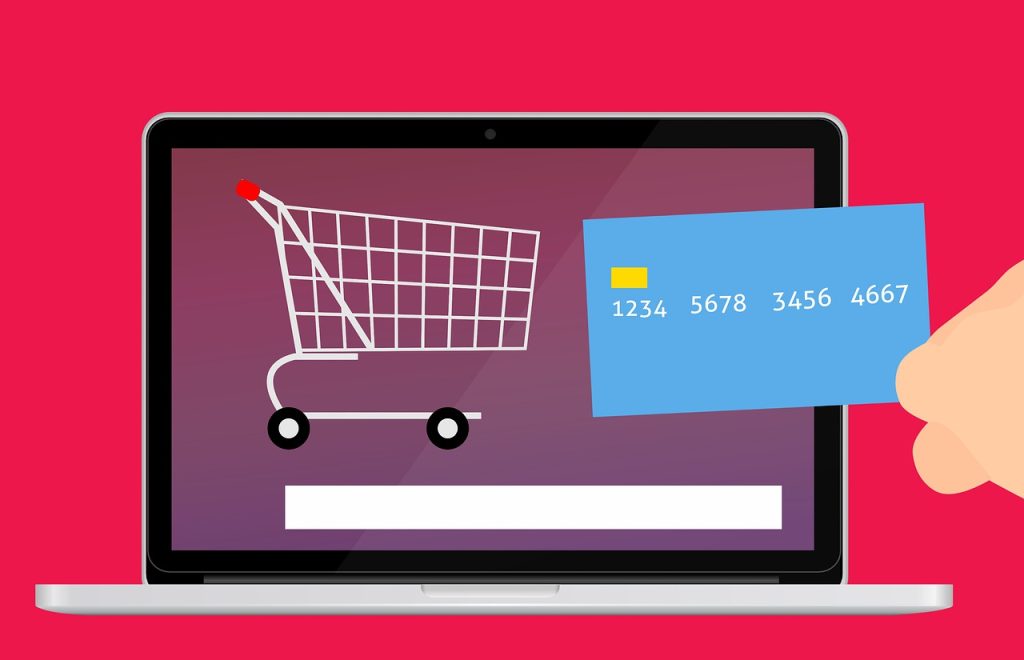Introduction:
In today’s digital era, influencer marketing has emerged as a powerful strategy for promoting products and driving sales in the ecommerce industry. With millions of people turning to social media influencers for recommendations and inspiration, incorporating influencer marketing into your ecommerce strategy can help you reach a wider audience, enhance brand awareness, and boost your online sales. In this blog post, we will explore effective ways to use influencer marketing to maximize its impact on your ecommerce business.
1. Define Your Objectives and Target Audience:
Before diving into influencer marketing, it’s crucial to clearly define your goals and identify your target audience. Understand who your ideal customers are, their online behaviors, and the influencers they follow. This will enable you to choose influencers whose values align with your brand and who have a genuine connection with your target audience.
2. Research and Identify the Right Influencers:
Conduct thorough research to find influencers who are relevant to your niche or industry. Look for influencers with a substantial and engaged following, as well as a track record of producing quality content. Consider factors such as their content style, engagement rates, and demographics of their followers. Tools like social listening platforms can help you identify influencers and monitor conversations related to your brand.
3. Build Authentic Relationships:
Effective influencer marketing requires building authentic relationships with influencers. Approach influencers in a genuine and personal way, showcasing your interest in their content and values. Engage with them by liking, commenting, and sharing their posts. Collaborate with influencers who are genuinely interested in your brand and products, as this will lead to more authentic and impactful promotion.
4. Create Compelling and Relevant Content:
Collaborate with influencers to develop compelling and relevant content that resonates with their followers and aligns with your brand message. Encourage influencers to showcase your products in unique ways, whether through tutorials, reviews, or lifestyle imagery. By providing creative freedom to influencers, you will enable them to produce content that feels genuine and relatable to their audience, resulting in better engagement and conversions.
5. Track and Measure Results:
To evaluate the success of your influencer marketing campaigns, implement robust tracking and measurement systems. Use unique URLs, discount codes, or affiliate links to track the traffic and sales generated through influencers. Monitor engagement metrics such as likes, comments, and shares to gauge the impact of influencer-generated content. Utilize tools like Google Analytics and social media analytics platforms to gather data and insights for informed decision-making.
6. Establish Long-Term Partnerships:
Aim to build long-term relationships with influencers who prove to be successful brand advocates. Long-term partnerships can lead to increased authenticity and trust among their followers. By continuously collaborating with influencers, you can create a consistent brand presence in their content, leading to higher brand recall and customer loyalty.
Conclusion:
Influencer marketing offers a tremendous opportunity for ecommerce businesses to expand their reach and connect with their target audience in an authentic and engaging way. By defining your objectives, researching and partnering with the right influencers, creating compelling content, and measuring your results, you can effectively leverage influencer marketing to boost your ecommerce sales and establish a strong brand presence online. Stay up-to-date with evolving trends and best practices in influencer marketing to stay ahead of the competition and capitalize on this powerful marketing strategy.



Your article helped me a lot, is there any more related content? Thanks!